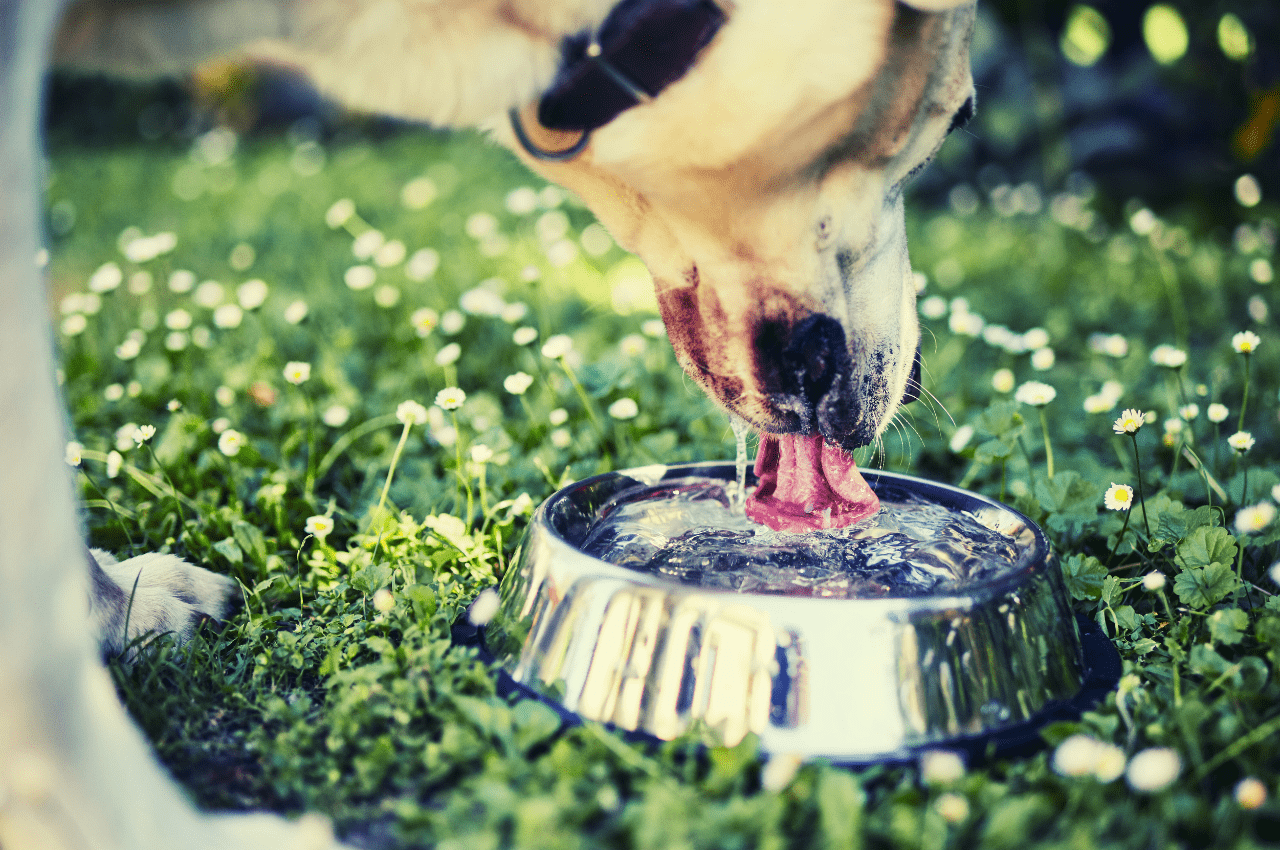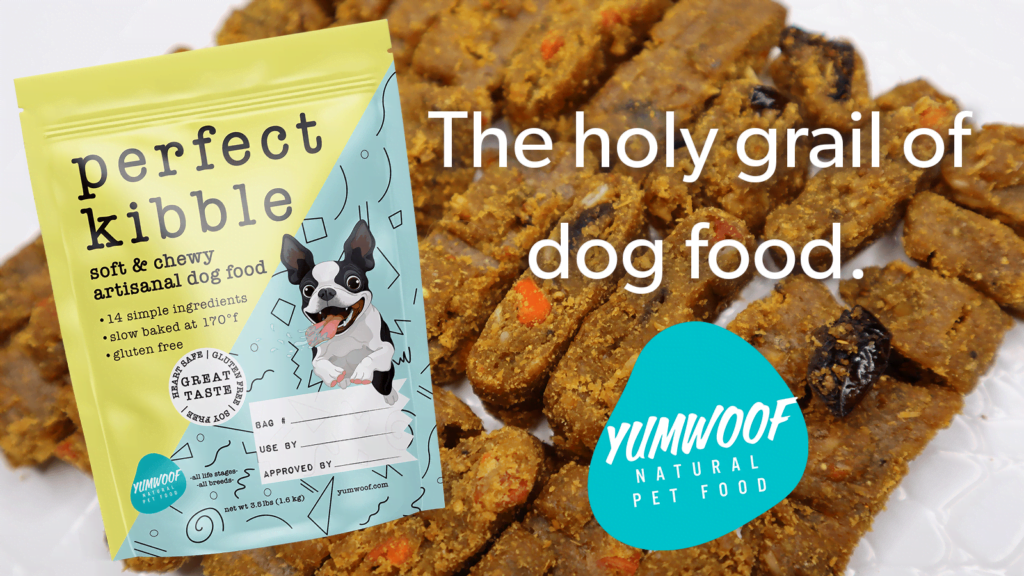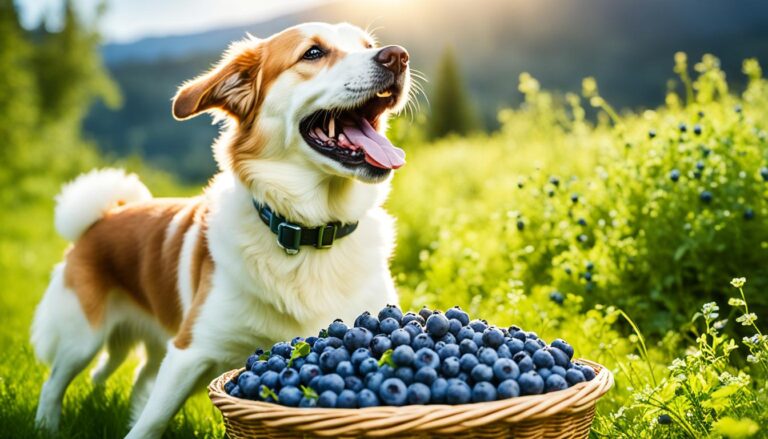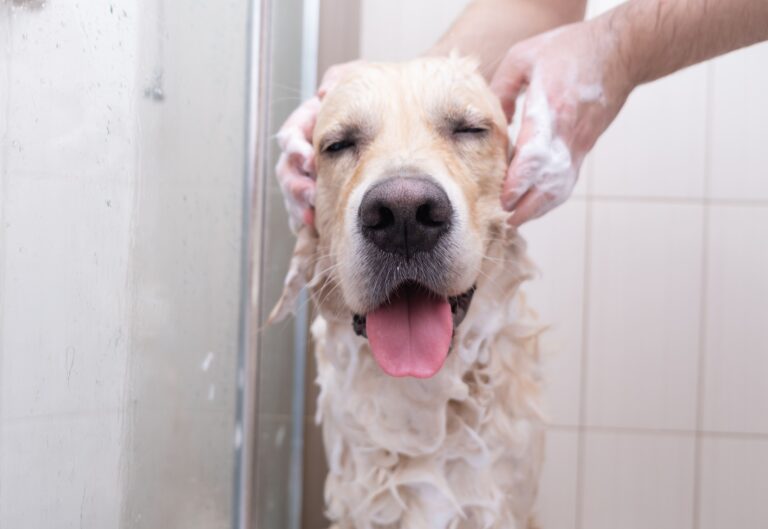How Much Water Should a Dog Drink a Day?
As pet owners, we know that providing our dogs with proper care and nutrition is vital for their overall health and well-being. One crucial aspect of their care is ensuring they have an adequate and consistent water intake.
Just like humans, water is essential for dogs to stay hydrated, maintain body temperature, and support vital bodily functions.
In this article, we will explore the topic of how much water a dog should drink in a day and the factors that influence their water needs.
How Much Water Does a Dog Need?
On average, a healthy adult dog should consume around 1 ounce of water per pound of body weight daily. However, this is a general guideline, and individual water requirements can vary based on several factors. For example, active dogs or those living in hot climates might need more water to stay properly hydrated. Similarly, a dog’s age, size, and breed can also influence their water intake needs.
Dog’s Water Intake Calculator
Understanding Your Dog's Water Needs
Dog Size and Breed Considerations Larger breeds may require more water than smaller ones due to their size and higher metabolic rate. Additionally, certain breeds may have a predisposition to certain health conditions that impact water intake.
Activity Level Impact on Water Intake Dogs that are more active, such as those with a high exercise routine or working dogs, will naturally require more water to replenish fluids lost through activity.
How long can a dog go without water
In the scorching heat of summer or during physically demanding activities, it's crucial to ensure our furry companions stay properly hydrated.
Dogs require an adequate water intake to maintain their overall health and well-being. While the exact duration a dog can go without water depends on various factors like size, breed, and environmental conditions, it's generally recommended to never let them go more than 24 hours without access to water.
Dehydration in dogs can lead to serious health issues, such as kidney problems and heatstroke. As responsible pet owners, it's essential to be attentive to our dog's water needs and provide them with clean and fresh water at all times to keep them happy, healthy, and hydrated.
Signs of Dehydration in Dogs
It's crucial to be able to identify signs of dehydration in dogs, as it can lead to serious health issues if left untreated. Some common signs of dehydration include lethargy, dry gums, sunken eyes, and loss of skin elasticity. If you notice any of these symptoms, it's essential to encourage your dog to drink water immediately and seek veterinary attention if the condition persists.
Factors Affecting Water Intake
External Temperature and Weather Conditions Hot and humid weather can cause dogs to sweat more and lose water through panting. During such conditions, they need more water to prevent dehydration.
Diet and Food Types Dry dog food contains less moisture compared to wet food. Dogs on a dry food diet may require more water intake to compensate for the lower moisture content in their food.
Encouraging Your Dog to Drink More Water
Ensuring your dog drinks enough water is crucial, especially if they seem to have a lower water intake. Here are some tips to encourage them:
Using Clean and Fresh Water Make sure the water bowl is always clean and filled with fresh water to entice your dog to drink.
Creative Ways to Promote Water Consumption Adding ice cubes or a splash of low-sodium broth to their water bowl can make it more appealing.
How to Measure Your Dog's Water Intake
Keep track of your dog's daily water intake, especially if you suspect they might not be drinking enough. This will help you identify any unusual patterns that may indicate a health issue.
Dealing with Overdrinking
While proper hydration is crucial, overdrinking can also be a concern. Excessive water intake may indicate an underlying health problem, such as diabetes or kidney issues. If you notice your dog drinking excessively, consult your veterinarian for proper evaluation and guidance.
Health Conditions Affecting Water Intake
Certain medical conditions, such as kidney disease or diabetes, can impact a dog's water intake. If your dog has a diagnosed medical condition, work closely with your veterinarian to manage their water intake and overall health.
Water Bowls and Hygiene
Choosing the right water bowl and maintaining proper hygiene are important to ensure your dog's water remains clean and safe for consumption. Stainless steel or ceramic bowls are recommended over plastic ones, as they are easier to clean and less likely to harbor harmful bacteria.
Traveling with Your Dog
When traveling with your dog, always carry a portable water bowl and enough water to keep them hydrated throughout the journey. Hydration is essential, especially when embarking on long trips or adventures.
Water Alternatives for Dogs
Apart from regular water, some hydrating foods and dog-friendly beverages can help supplement your dog's water intake. However, it's essential to consult your veterinarian before introducing any new food items into their diet.
Conclusion
In conclusion, water is an essential element of a dog's overall health and well-being. By understanding your dog's individual water needs and providing them with clean and fresh water, you can ensure they stay properly hydrated and avoid potential health issues associated with dehydration or overdrinking.
Subscribe to our weekly newsletter below and never miss the latest article.









